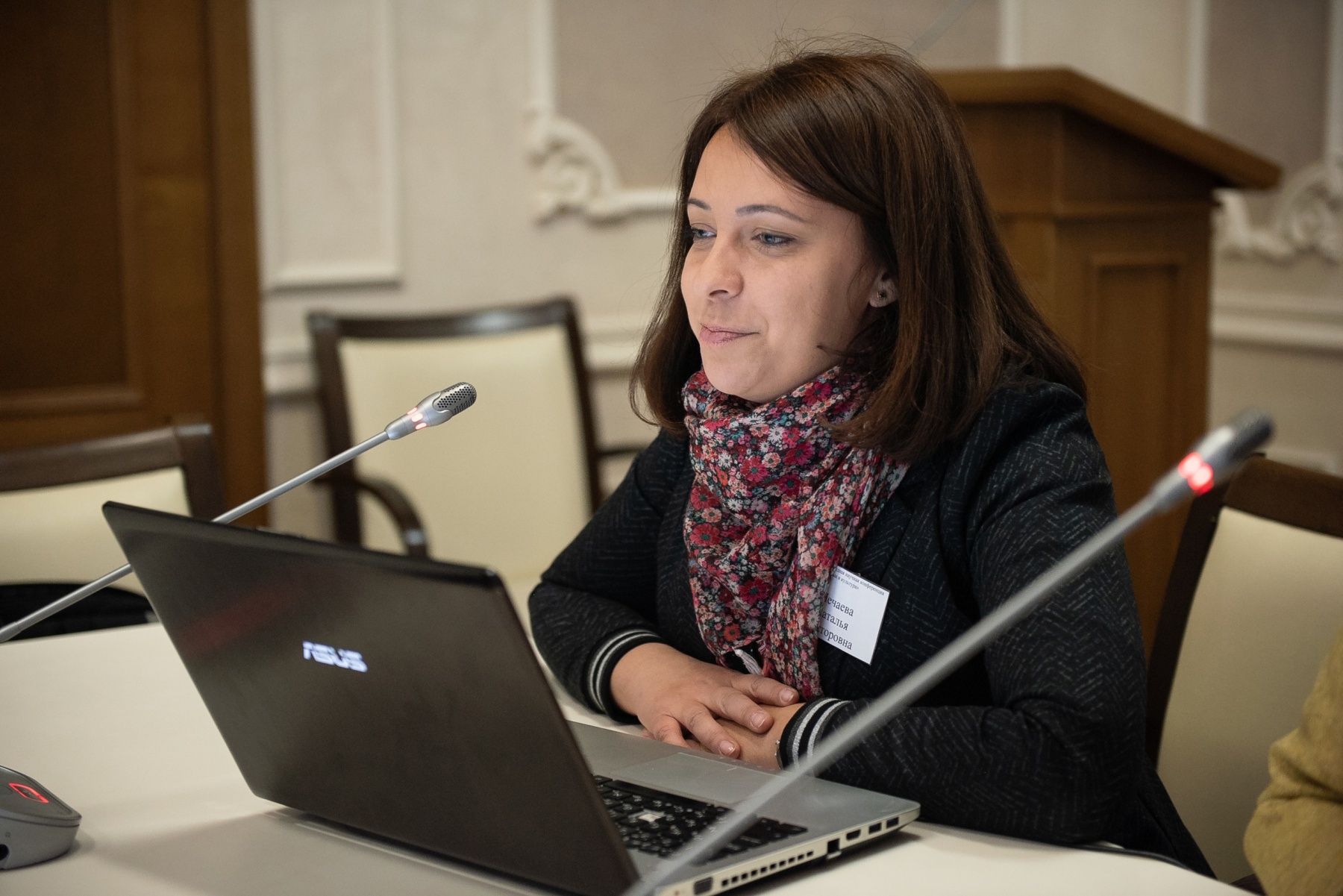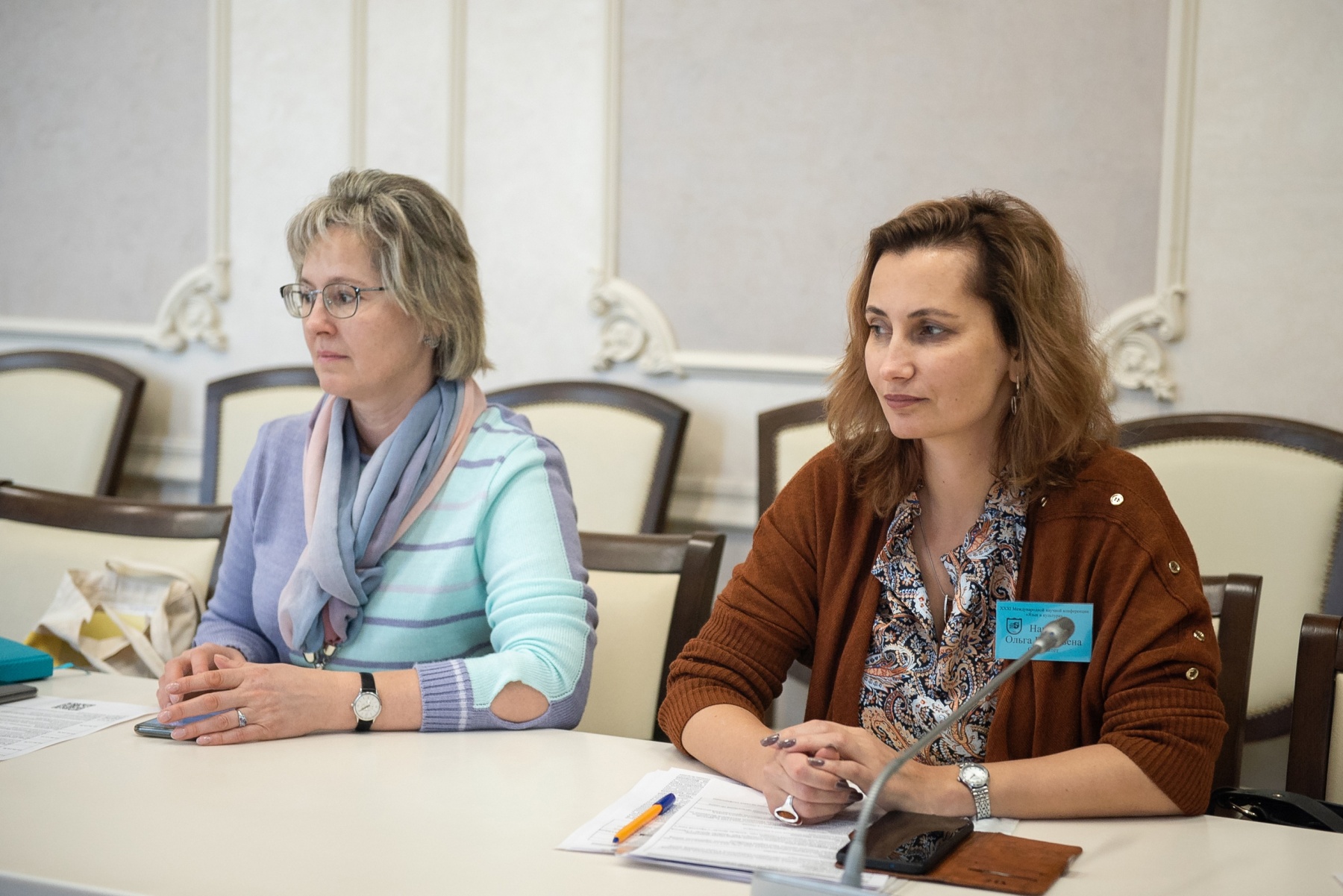The first Russian international forum Plain Writing Day was held in TSU as part of the Language and Culture conference. More than 200 participants from all over the world joined to hear 8 experts from Russia, Germany, Finland, and Canada. It was organized by the project group of the Translation Teachers Association to draw public attention to simplifying the norms and rules of modern communication.
Internationally, currently there is a tendency to make writing in socially important areas easily understandable. However, in Russia, medical, legal, technical, and financial texts only get more and more complicated.
Studies show that people need help to understand texts written in a standard language or these texts are ignored, which can have a negative effect, especially if the documents are connected with personal safety.
The date of the forum is special - the 13th of October is International Plain Writing Day. On this day in 2010, U.S. President Barack Obama signed the US Plain Writing Act, that requires federal agencies to use clear government communication that the public can understand and use. Since then, various events have been organized around the world to promote the values and principles of the plain language.

"Plain language can be a way to solve these problems. The information is given in a way that can be understood by the general public. One of the key characteristics of plain language is that it is focused on the recipient: who will read the text, their interests and background knowledge, their ability to understand written and oral speech," said Natalia Nechaeva, president of the Translation Teachers Association and head of the project Translation into Plain and Simple Language in Russia.
Forum participants noted that linguists need to develop skills in simple intralingual translation and draw attention to the problems of communication in their native language. It will improve the level of Russian and increase inclusivity in important areas of society.

"Translation into plain and simple language is a vital part of interlingual translation as well. To translate a message, the interpreter needs to fully understand it and then phrase it in another language," explained Olga Nagel, dean of the TSU Faculty of Foreign Languages.
The participants of the forum discussed the Russian and international experience in this area, perspectives and theories of plain language in Russia, and the place of intralingual translation in translator education. The participants agreed to research how information overload changes our perception.
You can watch the recording here.







